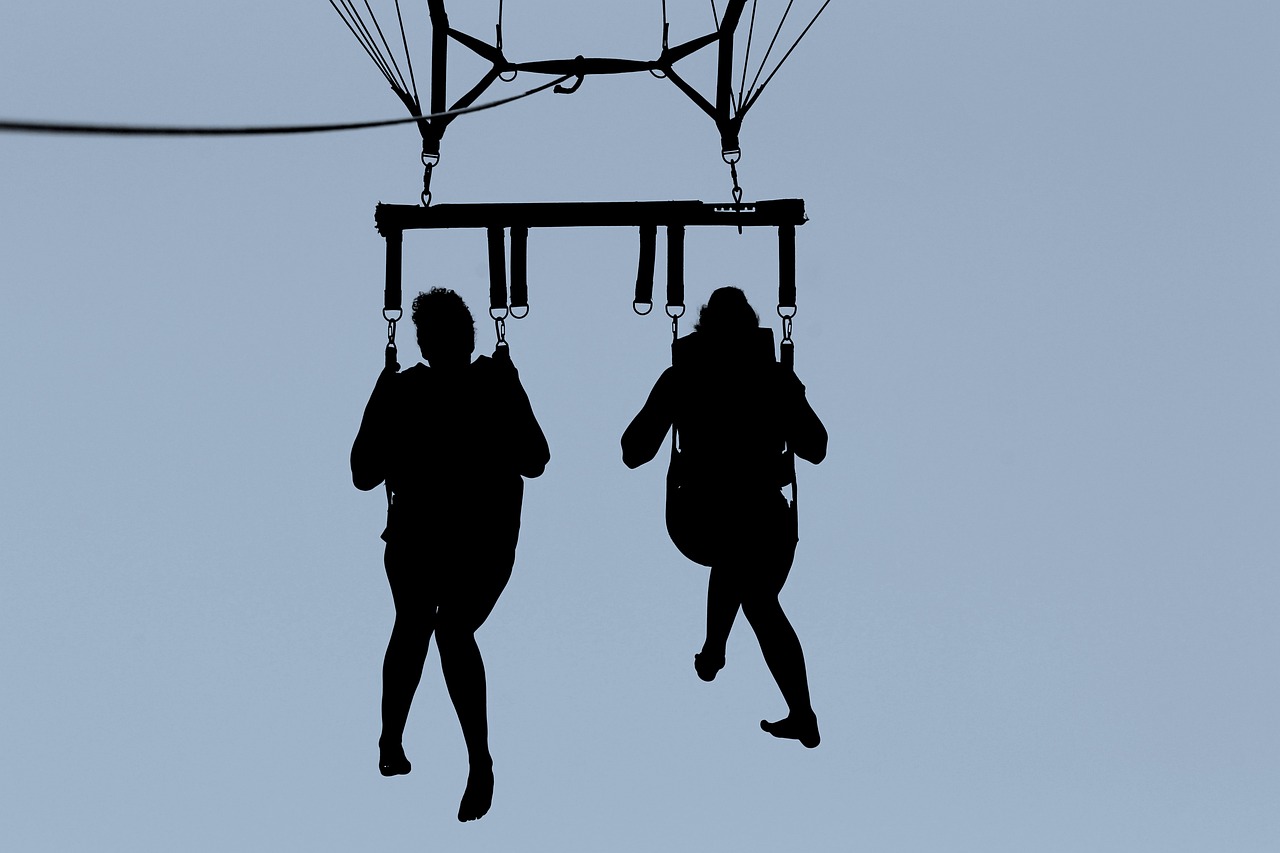The Impact of Menopause on Hair Health
11xplay reddy login password, 24 betting login india sign up, skyinplay.com login:Menopause is a natural biological process that every woman goes through as she reaches her late 40s or early 50s. It marks the end of a woman’s menstrual cycles and fertility, leading to a variety of physical and emotional changes. One common but often overlooked aspect of menopause is its impact on hair health.
During menopause, hormonal changes occur as the body’s levels of estrogen and progesterone decrease. These hormonal fluctuations can have a significant effect on the hair follicles, leading to changes in the texture, thickness, and overall health of the hair. Women may experience a range of hair-related issues during menopause, including hair thinning, dryness, breakage, and even hair loss.
Hair thinning is one of the most common changes that women experience during menopause. As estrogen levels decline, the hair follicles may shrink, resulting in thinner, finer hair. This can make the hair appear less dense and full, leading to a loss of volume and body. Additionally, decreased levels of estrogen can also affect the hair growth cycle, causing hair to grow at a slower rate and leading to increased shedding.
Dryness is another common issue that women may face during menopause. As estrogen levels drop, the scalp may produce less oil, leading to dryness and irritation. This can make the hair appear dull and lifeless, as well as contribute to increased breakage. In some cases, women may also experience an itchy scalp or dandruff due to the hormonal changes occurring in the body.
Hair breakage is a concern for many women during menopause, particularly if the hair becomes dry and brittle. Without an adequate supply of oil from the scalp, the hair shaft may become weak and prone to breakage. This can result in split ends, frizz, and overall damage to the hair. Additionally, hormonal imbalances can disrupt the protein structure of the hair, causing it to become more susceptible to breakage.
Hair loss is perhaps the most distressing issue that women may face during menopause. While some degree of hair shedding is normal, excessive hair loss can be a cause for concern. Hormonal imbalances during menopause can disrupt the hair growth cycle, leading to increased shedding and a noticeable thinning of the hair. This can have a significant impact on a woman’s self-esteem and overall well-being.
Fortunately, there are steps that women can take to maintain healthy hair during menopause. First and foremost, it’s essential to maintain a healthy diet rich in vitamins, minerals, and antioxidants that support hair growth and strength. Foods such as salmon, walnuts, spinach, and sweet potatoes are excellent choices for promoting healthy hair.
Additionally, women should incorporate a gentle hair care routine that includes using mild shampoos and conditioners formulated for their specific hair type. Avoiding excessive heat styling and harsh chemical treatments can also help prevent damage to the hair. Regular trims to remove split ends and periodic deep conditioning treatments can further improve the overall health and appearance of the hair.
In some cases, women may benefit from using hair growth products or undergoing treatments such as platelet-rich plasma therapy to promote hair regrowth. Consulting with a dermatologist or trichologist can help determine the best course of action for addressing hair loss during menopause. While it’s essential to be patient and realistic about the results, many women find success in restoring their hair’s health and vitality.
In conclusion, menopause can have a significant impact on hair health due to hormonal imbalances that occur during this stage of life. Women may experience hair thinning, dryness, breakage, and loss as a result of these hormonal fluctuations. By adopting a healthy lifestyle, gentle hair care practices, and seeking appropriate treatments, women can maintain healthy and beautiful hair during menopause.
FAQs
1. What are the common symptoms of menopausal hair loss?
Menopausal hair loss can present as thinning, dryness, breakage, and shedding of the hair.
2. Are there any natural remedies for menopausal hair loss?
Some natural remedies for menopausal hair loss include taking supplements like biotin and iron, massaging the scalp with essential oils, and using natural hair masks.
3. How long does menopausal hair loss typically last?
Menopausal hair loss may be temporary or ongoing, depending on the individual and the underlying causes. It’s essential to consult with a healthcare professional for a proper diagnosis and treatment plan.







